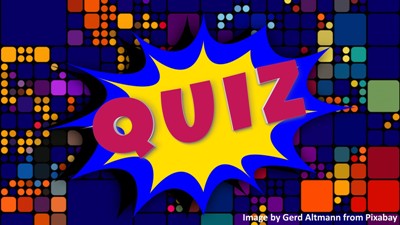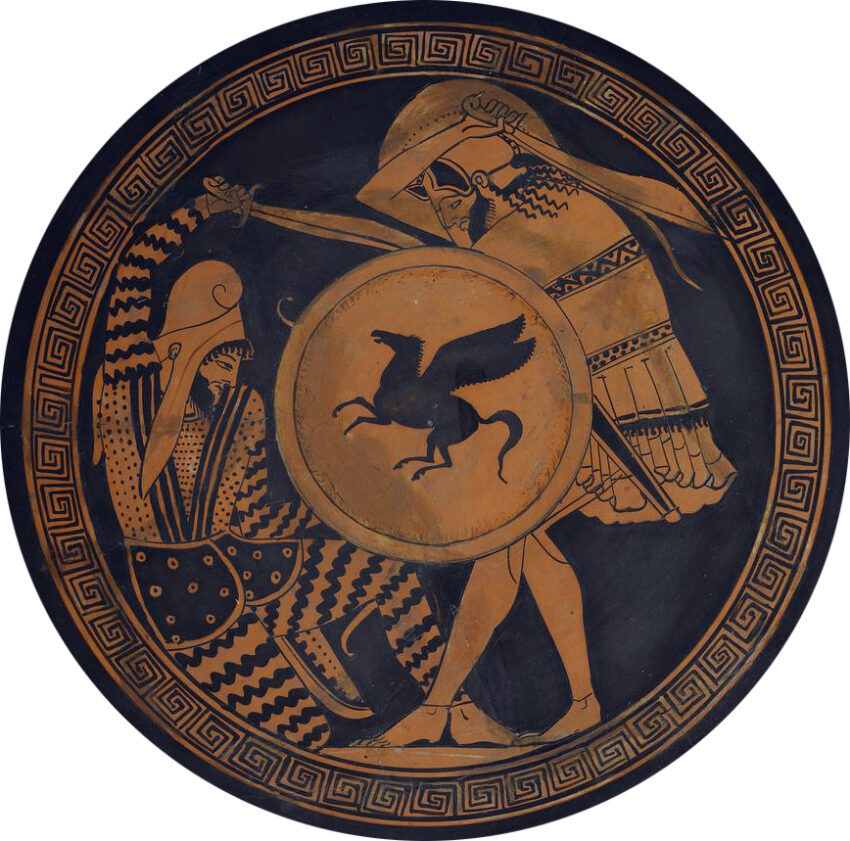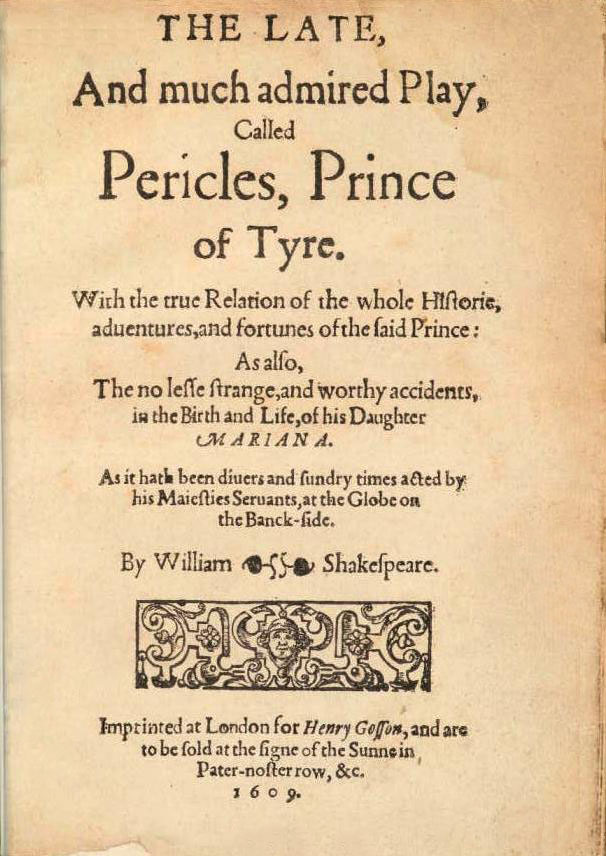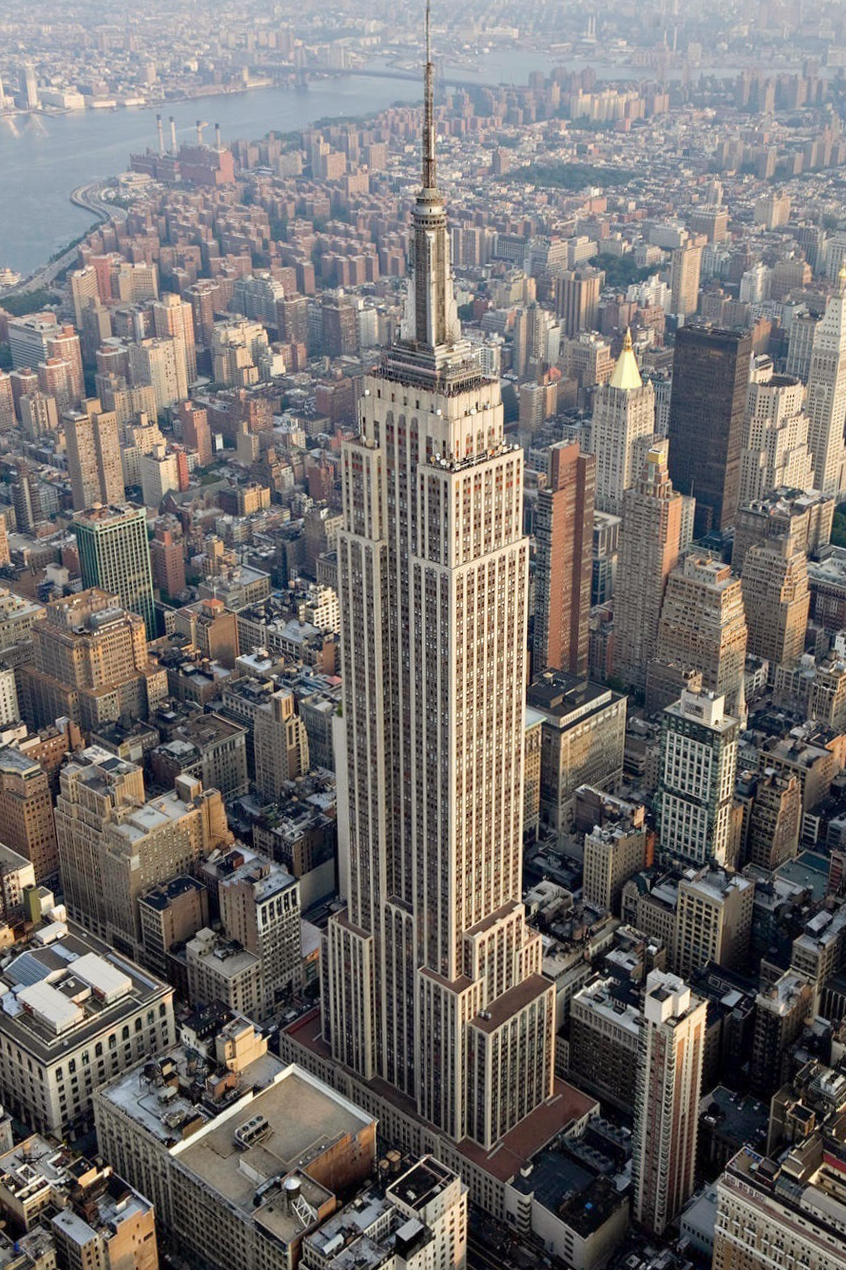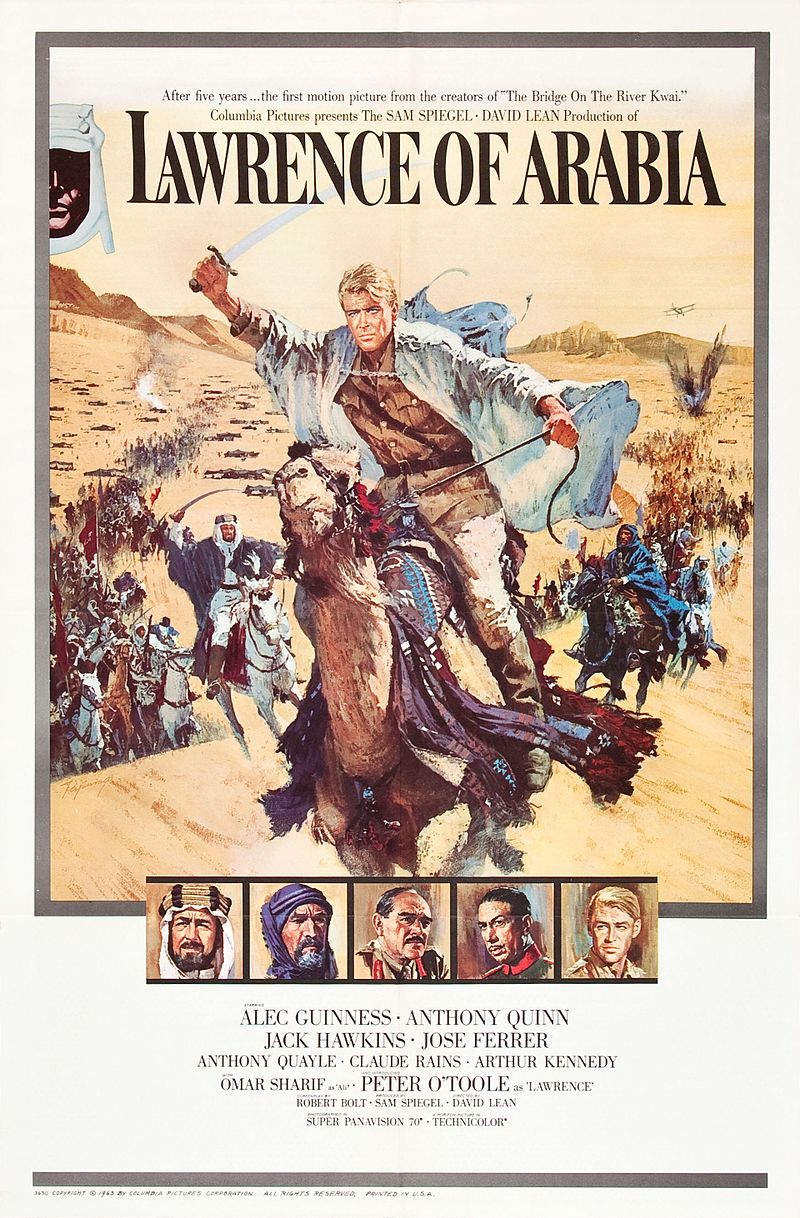The Greco-Persian War Quiz Questions
1. Which geographic region did the Persian Empire originate from?
(a) Anatolia
(b) Mesopotamia
(c) Iran
(d) Greece
2. What event is considered the start of the Greco-Persian Wars?
(a) Battle of Salamis
(b) Ionian Revolt
(c) Battle of Marathon
(d) Athenian Delian League
3. Which famous Athenian leader played a key role in the Battle of Marathon?
(a) Themistocles
(b) Darius I
(c) Miltiades
(d) Xerxes I
4. The Spartans were known for their skilled:
(a) Archers
(b) Cavalry
(c) Hoplites (heavily armored infantry)
(d) Sailors
5. What was the outcome of the Battle of Thermopylae?
(a) Decisive Spartan victory
(b) Persian victory, but at great cost
(c) Stalemate
(d) Athenian naval victory
6. Which naval battle significantly weakened the Persian fleet?
(a) Battle of Marathon
(b) Battle of Salamis
(c) Battle of Plataea
(d) Battle of Mycale
7. The Athenian leader credited with the strategy at Salamis was:
(a) Miltiades
(b) Leonidas I
(c) Themistocles
(d) Pausanias
8. What was the Delian League primarily formed for?
(a) Internal competition between Greek city-states
(b) To continue fighting the Persians
(c) To spread Athenian democracy
(d) To promote trade between Greek cities
9. Which Persian king launched a major invasion of Greece after Darius I?
(a) Cyrus the Great
(b) Xerxes I
(c) Cambyses II
(d) Darius III
10. What was the final decisive land battle of the Greco-Persian Wars?
(a) Battle of Marathon
(b) Battle of Thermopylae
(c) Battle of Plataea
(d) Battle of Mycale
11. The Greco-Persian Wars ultimately led to the rise of:
(a) The Persian Empire
(b) Spartan hegemony
(c) Athenian democracy
(d) Alexander the Great’s empire
12. Triremes were warships with:
(a) One row of oarsmen
(b) Two rows of oarsmen
(c) Three rows of oarsmen
(d) Four rows of oarsmen
13. The Persian “immortals” were an elite unit known for:
(a) Their use of ranged weaponry
(b) Their seemingly endless numbers
(c) Their superior armor
(d) Their use of chariots
14. The burning of Athens by the Persians was a turning point in which battle?
(a) Battle of Marathon
(b) Battle of Thermopylae
(c) Battle of Plataea
(d) Battle of Mycale
15. What sparked the Ionian Revolt, a rebellion of Greek colonies against Persia?
(a) Persian support for Athenian democracy
(b) Harsh Persian rule over the Ionian Greeks
(c) Spartan military intervention in Ionia
(d) Athenian naval dominance in the Aegean Sea
16. What Spartan king led the famous last stand against the Persians at the Battle of Thermopylae?
(a) Leonidas I
(b) Agesilaus II
(c) Pausanias
(d) Cleomenes III
17. The Delian League, a powerful Greek alliance, was formed under the leadership of which city-state?
(a) Sparta
(b) Athens
(c) Thebes
(d) Corinth
18. What naval strategy did the Athenian leader Themistocles employ to defeat the larger Persian fleet at Salamis?
(a) A frontal assault with superior warships
(b) Luring the Persians into a narrow strait
(c) Using surprise attacks at night
(d) Employing a land army to flank the Persians
19. Which historian is known for his detailed account of the Greco-Persian Wars, although some consider it biased towards Athens?
(a) Herodotus
(b) Thucydides
(c) Xenophon
(d) Polybius
20. What was the significance of the Battle of Plataea, fought shortly after Salamis?
(a) It marked the final Persian defeat in Greece.
(b) It secured Athenian control of the Aegean Sea.
(c) It led to the formation of the Delian League.
(d) It prevented a second Persian invasion attempt.
21. The Persian Wars ultimately led to the rise of which Greek city-state as a major power?
(a) Sparta
(b) Athens
(c) Corinth
(d) Thebes
22. What was the primary advantage of the Athenian phalanx, a citizen-soldier formation, compared to the Persian army?
(a) Superior cavalry and archery
(b) Stronger armor and discipline
(c) Reliance on professional soldiers
(d) Larger number of troops
23. The Royal Road, a vast network of roads, was constructed by the Persians primarily for what purpose?
(a) Facilitating trade and communication
(b) Moving large armies throughout the empire
(c) Religious pilgrimages
(d) Public entertainment events
24. What was the impact of the Greco-Persian Wars on Greek culture?
(a) It led to a decline in artistic and philosophical development.
(b) It spurred a flourishing of art, literature, and democracy.
(c) It resulted in greater political unity among Greek city-states.
(d) It caused widespread social and economic disruption.
25. The Battle of Thermopylae, though a Greek defeat, is remembered for the heroic last stand of:
(a) The Athenian navy
(b) The Spartan king Leonidas and his 300 soldiers
(c) The Theban army
(d) The entire Greek army
The Greco-Persian War Quiz Questions with Answers
1. Which geographic region did the Persian Empire originate from?
(c) Iran
2. What event is considered the start of the Greco-Persian Wars?
(b) Ionian Revolt
3. Which famous Athenian leader played a key role in the Battle of Marathon?
(c) Miltiades
4. The Spartans were known for their skilled:
(c) Hoplites (heavily armored infantry)
5. What was the outcome of the Battle of Thermopylae?
(b) Persian victory, but at great cost
6. Which naval battle significantly weakened the Persian fleet?
(b) Battle of Salamis
7. The Athenian leader credited with the strategy at Salamis was:
(c) Themistocles
8. What was the Delian League primarily formed for?
(b) To continue fighting the Persians
9. Which Persian king launched a major invasion of Greece after Darius I?
(b) Xerxes I
10. What was the final decisive land battle of the Greco-Persian Wars?
(c) Battle of Plataea
11. The Greco-Persian Wars ultimately led to the rise of:
(c) Athenian democracy
12. Triremes were warships with:
(c) Three rows of oarsmen
13. The Persian “immortals” were an elite unit known for:
(b) Their seemingly endless numbers
14. The burning of Athens by the Persians was a turning point in which battle?
(b) Battle of Thermopylae
15. What sparked the Ionian Revolt, a rebellion of Greek colonies against Persia?
(b) Harsh Persian rule over the Ionian Greeks
16. What Spartan king led the famous last stand against the Persians at the Battle of Thermopylae?
(a) Leonidas I
17. The Delian League, a powerful Greek alliance, was formed under the leadership of which city-state?
(b) Athens
18. What naval strategy did the Athenian leader Themistocles employ to defeat the larger Persian fleet at Salamis?
(b) Luring the Persians into a narrow strait
19. Which historian is known for his detailed account of the Greco-Persian Wars, although some consider it biased towards Athens?
(a) Herodotus
20. What was the significance of the Battle of Plataea, fought shortly after Salamis?
(a) It marked the final Persian defeat in Greece.
21. The Persian Wars ultimately led to the rise of which Greek city-state as a major power?
(b) Athens
22. What was the primary advantage of the Athenian phalanx, a citizen-soldier formation, compared to the Persian army?
(b) Stronger armor and discipline
23. The Royal Road, a vast network of roads, was constructed by the Persians primarily for what purpose?
(a) Facilitating trade and communication
24. What was the impact of the Greco-Persian Wars on Greek culture?
(b) It spurred a flourishing of art, literature, and democracy.
25. The Battle of Thermopylae, though a Greek defeat, is remembered for the heroic last stand of:
(b) The Spartan king Leonidas and his 300 soldiers


